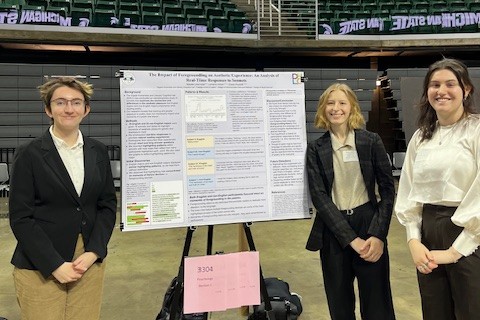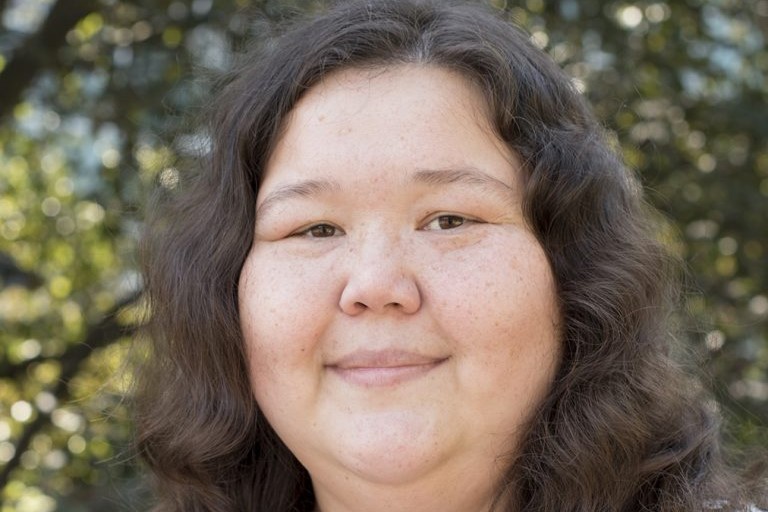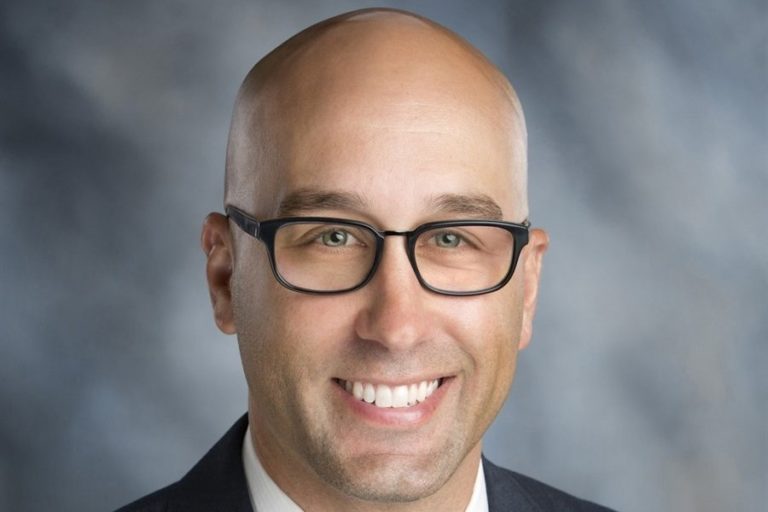
In uncertain times, what we value most helps to guide us. Our top priority remains the health and safety of all members of the College of Arts & Letters. For two years, faculty and staff also have been working hard to establish a Culture of Care in the College. Multiple initiatives focus on implementing inclusive practices across all aspects of college activities. These endeavors are based in the core values of the College – equity, openness, and transparency with a commitment to practice inclusion as a matter of institutional habit. Such words and goals can help to re-center us as we meet the challenges of a new semester during a global pandemic when our energy reserves are running low.
It is clear that each of you are experiencing the pandemic in distinct ways with unique stressors that are often unseen. Many are confronting heavy teaching loads or seemingly insurmountable research hurdles. Some are facing overwhelming conflicts between work schedules and caregiving demands as a result of day and elder care facility closures and virtual school supervision and instruction. All in the college community are undergoing profound changes in our ability to achieve what we would normally do in a given year.
If we are to embrace a Culture of Care, we must all acknowledge and be mindful of the spectrum of challenges that each of us is experiencing. In the face of continual change, it is necessary to be flexible and understanding of our own situations. What might work one day might not the next. And equally important, we must be as intentional, accommodating, and caring with those around us. There are many with multiple disruptions to daily routines that go unvoiced. And those of us with more seniority and privilege need to remember to listen attentively and advocate for the less powerful in our own units.
Some faculty and staff also are discovering found time and new opportunities to help others and devote to their projects whether they be scholarly, curricular, advising, outreach, etc. A great many are devoted to maintaining high quality teaching in a virtual learning environment and tending to the myriad of unforeseen needs of their students. We all need to celebrate these opportunities and successes in caring for others, strengthening existing projects, and finding new connections between our work in the Arts & Humanities and the needs in the broader community. These faculty and staff are extending the Culture of Care within and beyond the College.
In light of the realities of COVID-19 and our values, we are asking everyone in the College to consider the following practices in your units over this academic year:
Protect the health and safety of all members of our community. Encourage all faculty, staff, and students to work from home whenever possible.
Remember everyone should always take time out for self-care. It helps you and those you care for to stay healthy and safe. Many of us are operating already on low energy reserves, so check in with yourself frequently to see how you are coping. Be mindful of the need for yourself and others to take a spontaneous break between meetings. If you need a break, take one. Get up, move around, go for a walk. If you can’t take care of yourself, you can’t take care of anyone else.
Consider that it might take longer for some to respond to e-mail. Many are not able to keep a traditional 8-5 schedule. Plan ahead when corresponding with faculty, staff, and students. Be mindful of preserving time for yourself and for others away from work and avoid e-mail on the weekends.
Units should refrain from scheduling meetings between the hours of 8:00 a.m. and 12:00 p.m. so as not to interfere with virtual K-12 education schedules. Consider that participants might need to leave their cameras off due to background distractions and should not be required to turn them on. Large virtual meetings should be recorded and made available for later viewing. If possible, create asynchronous meeting opportunities where work can take place in a Google Doc or in a Teams discussion to reduce the time spent in a synchronous forum.
Each unit should undergo a review of its service demands and plans for the year and postpone any committee work, task forces, projects, programming, or plans that are not obligatory personnel functions (i.e. annual review and/or promotion review) or otherwise vital to the success of the unit and its faculty, staff, and students. If it can be put off to next semester or year, postpone it. Have a unit-wide conversation and waive non-essential service requirements for the year.
Enable staff to have flexible work plans or to reduce hours if they wish. Explore the option of EFMLA leave as needed.
In course planning, evaluate teaching loads and student enrollments. Consider establishing a course rotation that enables those with heavier caregiving loads to take the larger course obligations (e.g., higher enrollments, more credit hours) at a later time.
Work together as a unit to establish strategies for a Culture of Care in the pandemic that establishes a support system for those in need. Consider identifying teaching “buddies” or establishing a “sick day” banking system so that someone can find a last-minute replacement for a class on short notice. Consider establishing community caregiving pods whether for shared instruction, social skills, or self-care.
In addition to the above, administrators should consider the following:
Check in with faculty, staff, and graduate students to listen and see if there are ways that the University can help them to better balance their work and caregiving challenges.
Check in to see if faculty, staff, and graduate students have made arrangements ahead of time to help manage potential sudden or emergency caregiving needs that might require their full attention. As mentioned above, units can help to facilitate such arrangements through community building and a “Buddy system.”
Chairs and Directors should regularly communicate campus COVID-19 resources to their faculty, staff, and graduate students including WorkLife Office webinars and caregiver resources, relevant university policies (Childcare Flex Savings Plan, EFMLA, EPSL), WKAR videos, MSU Extension, MSU students on Care.com, College of Human Medicine Online Learning Resources, Employee Assistance Program, MSU Teladoc, MSU Counseling and Psychiatric Services, CAL Culture of Care Resource Page.
I wish to thank the “Supporting Caregivers” Subsubcommittee of the HR Return to Campus Taskforce Subcommittee, in particular Terah Chambers in the College of Education and Barbara Roberts and Jaimie Hutchison in the WorkLife Office. They have provided information that is included in this document.
These are times of unprecedented uncertainty for all of us that test our mental and physical well-being. Please take a moment to take care of yourselves and those around you. Continue to explore with colleagues new and innovative ways you can help to implement a Culture of Care in your department or unit.
Sonja Fritzsche
Associate Dean for Academic Personnel and Administration


